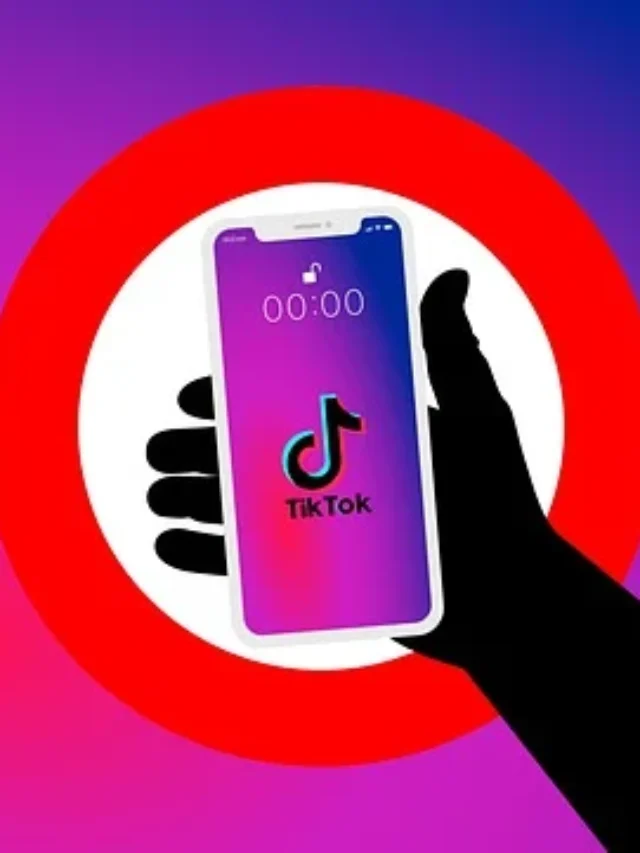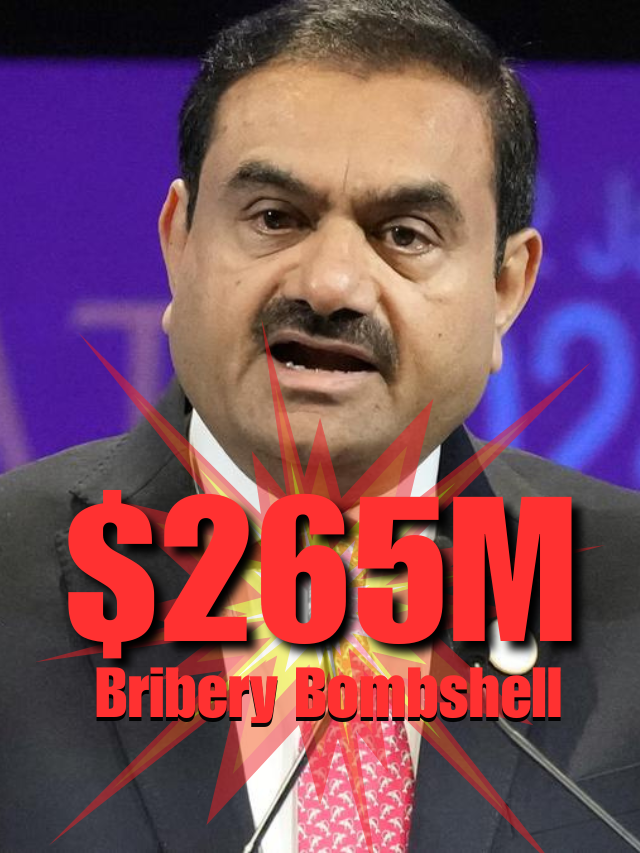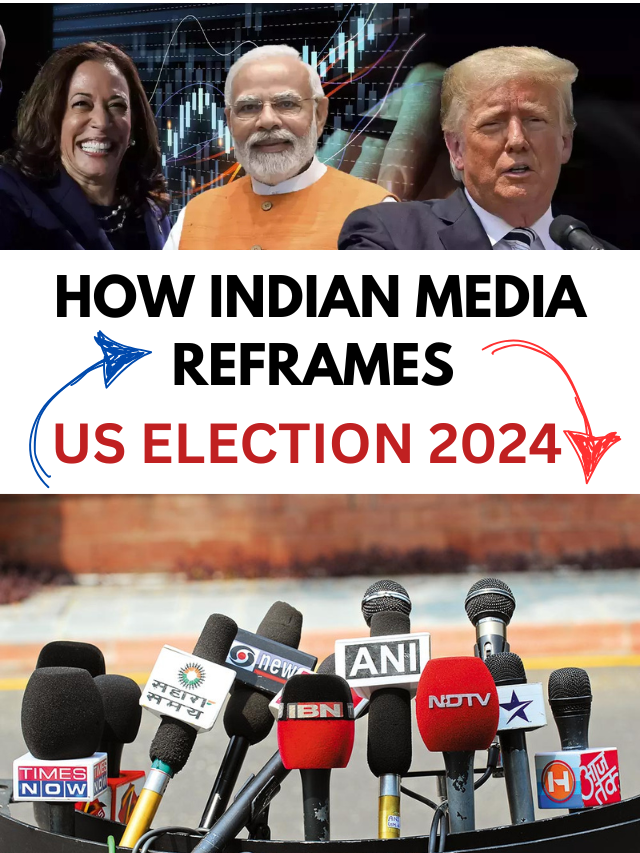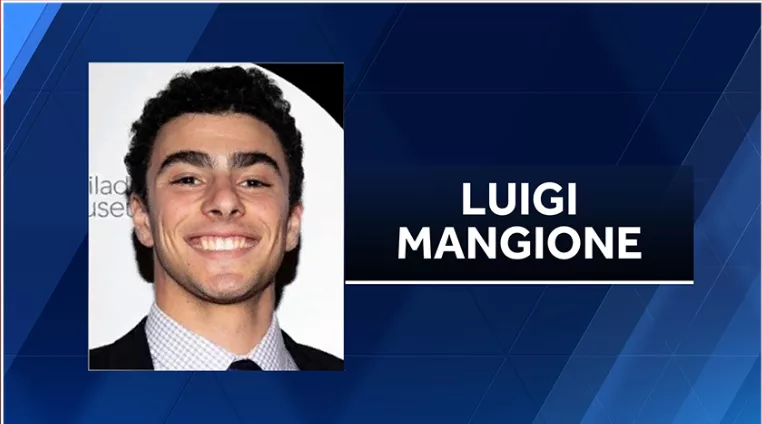
The arrest of Luigi Mangione in connection with the assassination of UnitedHealthcare CEO Brian Thompson has shaken the healthcare and corporate worlds.
On December 4, 2024, Thompson was gunned down in New York City, sparking a nationwide conversation about corporate accountability, individual motivations, and the consequences of systemic failures. Here are five critical insights into the case, highlighting its unexpected twists and broader implications.
1. The High-Profile Assassination in Midtown Manhattan
Brian Thompson’s murder unfolded in one of the busiest areas of New York City. As he exited the New York Hilton Midtown after an investor meeting, he was fatally shot.
Witnesses described a calm but calculated attack, which left the bustling area reeling in shock. Bullet casings at the scene bore cryptic words like “delay,” “depose,” and “deny.” These inscriptions are believed to reference frustrations with the insurance industry, suggesting a motive rooted in systemic grievances.
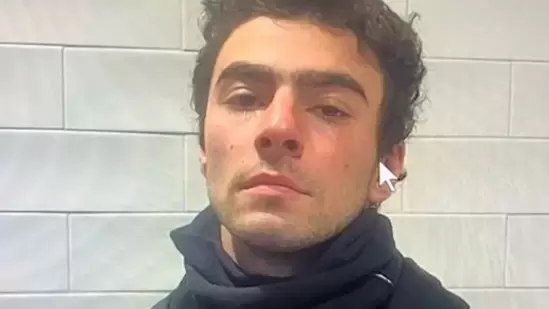
This act of violence, carried out in broad daylight, underscores the meticulous planning involved. Investigators believe the location was carefully chosen to send a message about perceived injustices in the healthcare system. The attack has raised questions about security for corporate leaders in high-stakes industries.
2. Luigi Mangione: A Surprising Suspect
Luigi Mangione, 26, seemed an unlikely perpetrator at first glance. A valedictorian from Baltimore and a former Ivy League student, Mangione excelled in academics and technology. He was deeply involved in coding, robotics, and gaming communities, even founding a game development club during his college years.

However, a darker narrative emerged after his arrest. Investigators found a manifesto criticizing healthcare companies for prioritizing profits over patient care.
The manifesto expressed disillusionment with corporate practices, calling them parasitic and exploitative. Mangione’s apparent frustrations with healthcare stemmed from personal experiences, including spinal surgeries that he shared about online, adding layers to his motivations.
3. A Meticulous Capture: Evidence and Arrest

Mangione’s capture in Altoona, Pennsylvania, on December 9, was the result of a multi-agency manhunt. A manager at a McDonald’s recognized him from media coverage and alerted authorities. Mangione was found carrying a gun resembling the weapon used in the crime, along with four fake IDs and the manifesto.

The arrest was peaceful, but Mangione has refused to cooperate with investigators. This silence has left law enforcement piecing together his motives through evidence and digital footprints.
His online presence reveals years of engagement in communities discussing systemic issues, further corroborating his grievances against the healthcare system.
4. Family and Corporate Reactions: Shock and Mourning
Mangione’s family expressed their devastation in a public statement, describing the situation as a tragedy for all involved.
They emphasized their limited understanding of the events and extended condolences to Thompson’s family. Maryland State Delegate Nino Mangione, a cousin, declined to comment further, respecting the ongoing investigation.

UnitedHealthcare, meanwhile, issued a heartfelt statement mourning Thompson’s loss. The company pledged cooperation with authorities and requested privacy for the grieving family. Thompson’s colleagues have described him as a visionary leader committed to improving access to healthcare, adding a layer of poignancy to the tragedy.

5. Broader Implications: Corporate Ethics and Public Trust
This case has reignited debates about corporate ethics, particularly in the healthcare sector. The contents of Mangione’s manifesto have resonated with individuals frustrated by systemic inequalities in healthcare. Critics argue that rising premiums and denied claims highlight a system prioritizing profits over people—a sentiment reflected in the manifesto’s language.
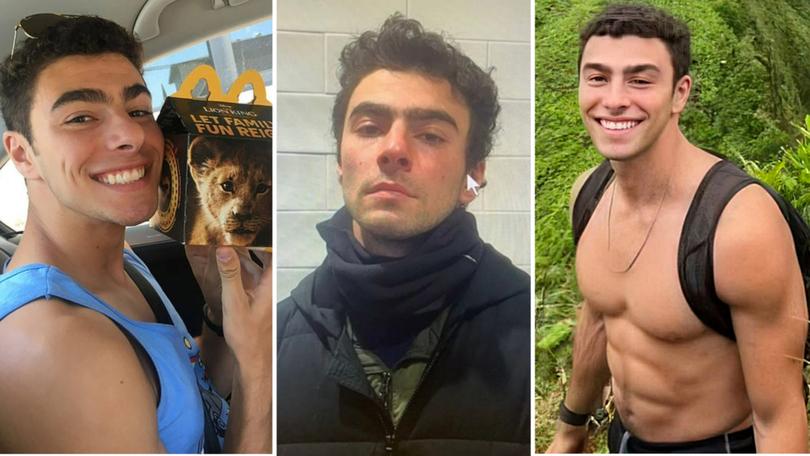
The assassination has also raised questions about how corporations address public grievances. While no justification exists for such violence, the case underscores the need for open dialogue and reforms that prioritize consumer trust.
Experts suggest this tragedy could spark deeper conversations about accountability and transparency in corporate America.
The Way Forward: Legal and Societal Challenges
As Mangione awaits extradition to New York, the legal proceedings will likely dominate headlines. Prosecutors are expected to argue that this was a premeditated act of violence driven by personal and ideological motives. Meanwhile, defense attorneys may point to systemic failures as contributing factors, making this a case that could shape discussions around corporate responsibility and individual accountability.
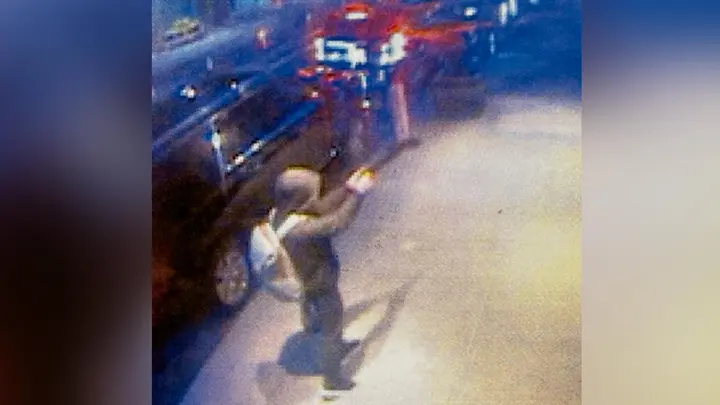
The healthcare industry also faces renewed scrutiny. Thompson’s assassination serves as a reminder of the broader societal implications of corporate policies. This tragic event, while isolated, may drive change by amplifying voices demanding reform.
Conclusion
The arrest of Luigi Mangione in connection with Brian Thompson’s murder is a chilling reminder of how individual grievances can escalate into tragic actions. While justice takes its course, this case serves as a flashpoint for larger discussions about ethics, transparency, and the human cost of systemic failures.

For updates on this developing story and its impact on the healthcare industry, stay connected with trusted sources. This tragedy, while heartbreaking, may pave the way for meaningful change.
